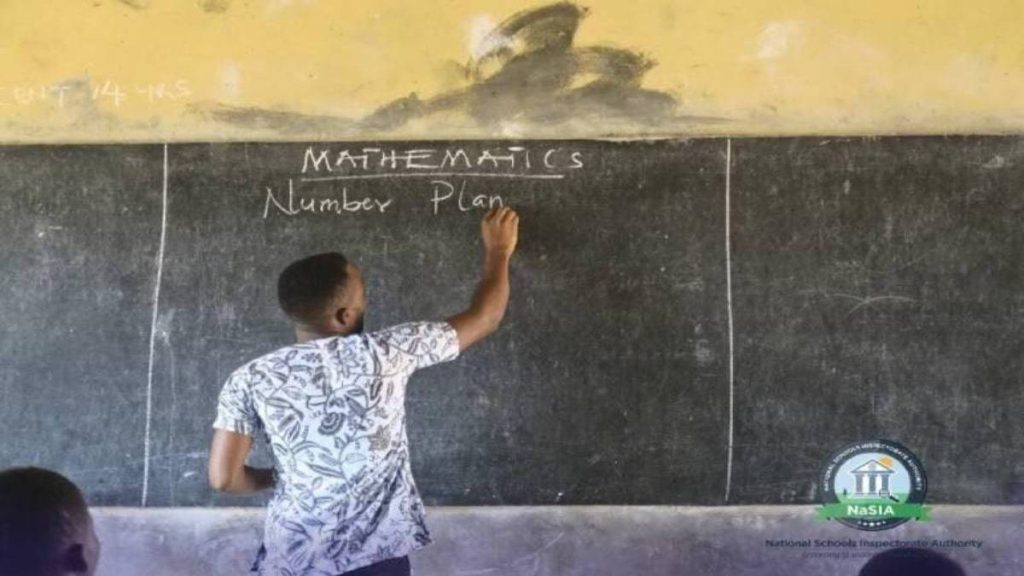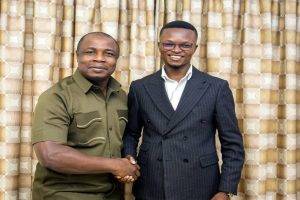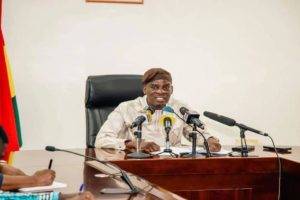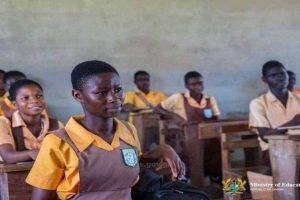Traditional rulers are receiving training to support teachers – MoE

Chiefs, Queen mothers and assembly members in villages are receiving training to support teachers at the basic schools in their respective communities, the Minister for Education, Dr Yaw Osei Adutwum has disclosed.
Speaking on GTV’s breakfast show, the Education Minister said chiefs currently undergoing training as part of an effort to enhance education have committed to providing accommodation for teachers posted to their communities.
“We believe that the community must be involved and support the teachers. The community should be aware of what’s happening in their schools,” the Minister in Charge of Education and Bosomtwe Member of Parliament told GTV.
Dr Yaw Osei Adutwum noted that when chiefs learn about their community’s poor performance in Ministry of Education (MoE) data, they offer support because they understand the stakes for their children’s future.
“This community-led approach creates a sense of urgency and partnership, with government support and interventions from the Ghana Education Service (GES) being warmly embraced,” the Education Minister explained.
He also indicated that the Complementary Education Agency is also providing literacy classes for parents in these communities, starting with the Estella community at 500 Townsend Village.
Asked how the low education-performing communities are identified by the Ministry, Dr Yaw Osei Adutwum said such communities from previous national standardised tests and targeted interventions to address these challenges.
In other news, the Deputy Minister of Education, Reverend John Ntim Fordjour says the National Standardised Test (NST) introduced in 2021 has improved the literacy and numeracy skills of students in the country.
Speaking to journalists, the Education Minister in Charge of General Education said the primary national examination had tremendously improved learners’ ability to read from two per cent to 38 per cent in primary two in 2015.
“The Ministry of Education (MoE) strategic plan is to ensure that at least 90 per cent of our learners at the age of 10 across the country should be able to read and understand,” the Deputy Education Minister told the media.
Rev Fordjour said the outcome of the 2023 test revealed that 54 per cent of primary school pupils could read, which was contrary to the projection made by the World Bank that in Africa, only one in 10 children will be able to read.
The assessment examination, the Minister for Education explained is not meant to grade or promote the primary four public school students but to improve teaching and learning in the government basic schools across the country.



